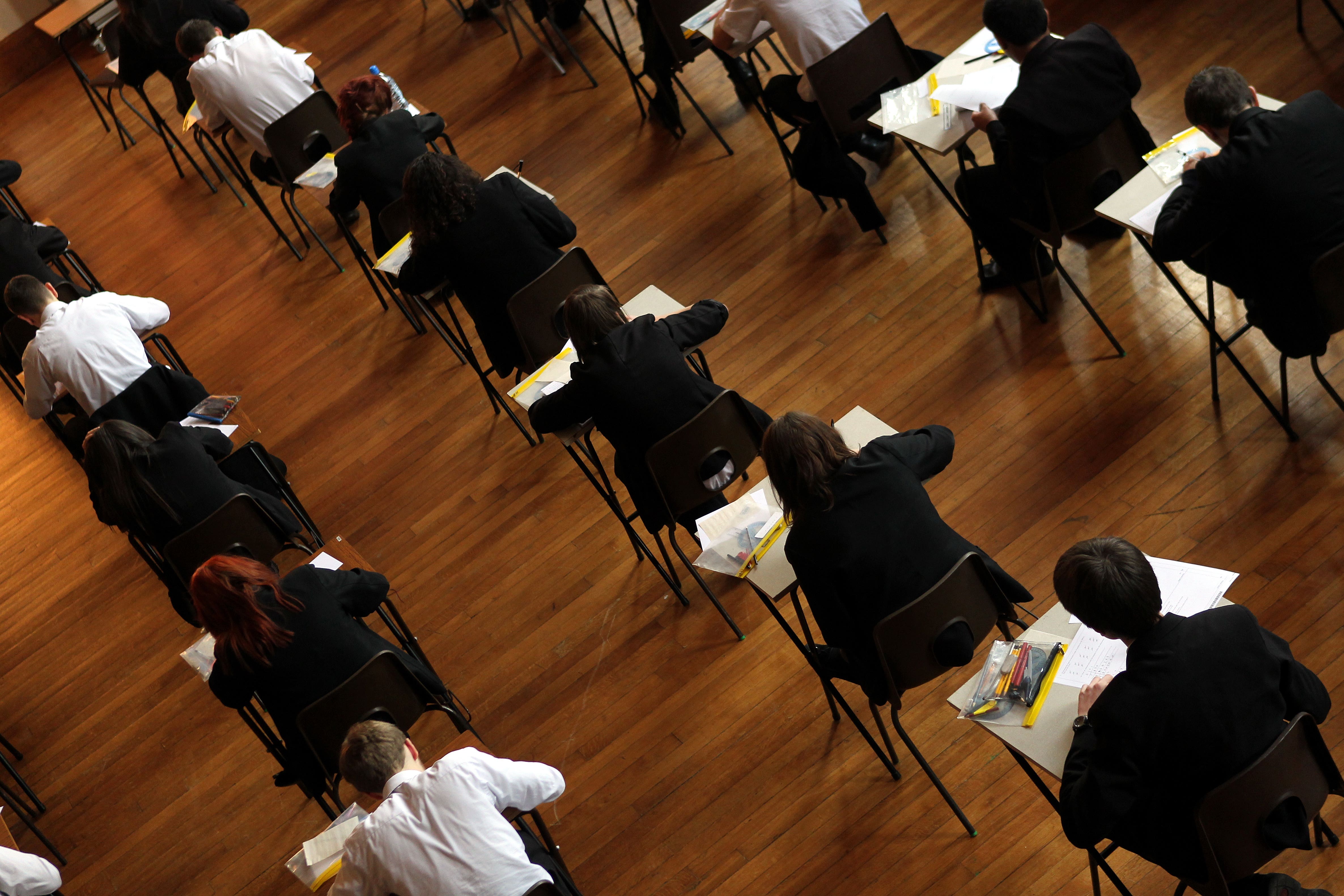Labour mulls Osborne-style VAT rules to block private school tax avoidance
Bridget Phillipson said the party would ensure new legislation leaves no loopholes.

Labour could draw on changes to VAT introduced by former Tory chancellor George Osborne in order to block avoidance of its planned tax on private schools, the shadow education secretary has signalled.
Bridget Phillipson said the party would ensure that new legislation leaves no loopholes allowing for the levy to be dodged if it wins the general election this year.
Experts have said that wealthy parents could choose to pay for tuition in advance to try to avoid incurring costs from VAT under a new government.
In a speech at the Centre for Social Justice, Ms Phillipson said: “We would make sure that the legislation is drawn in such a way to ensure that avoidance can’t take place.
“There is precedent for that.
“Back in 2010, George Osborne, when he made VAT changes, did something very similar.
“So we’re clear there was precedent when the legislation was drawn in such a way that it is effective in raising the money that we need to invest in our state schools.”
After he raised the standard rate of VAT to 20% from 17.5% in 2010, Mr Osborne introduced “anti-forestalling provisions” aimed at preventing people from applying the lower rate for goods and services to pre-payments.
It would, in theory, mean that VAT would be backdated to payments from before Labour abolished the tax exemption, as long as they were made for schooling that takes place while the policy is in place.
Schools as service providers would be liable to pay the tax if they are offering advance payment schemes, and whether or not they choose to pass on the cost to parents would be a matter for the school, it is understood.
Labour plans to use the money raised by the policy to fund plans including the recruitment of 6,500 more teachers and putting mental health counsellors in every secondary school if it gains power.
Earlier in the speech, Ms Phillipson set out a raft of proposals aimed at addressing what she described as “terrifying” levels of persistent school absence across England.
Labour would keep using fines to tackle school absences if it wins the next election but penalties “can never be the answer alone”, she said.
She described parents allowing children to skip lessons without good reason as a “mark of disrespect” to teachers but said addressing the problem would require wider measures that link up different services.
The party would introduce a national register of children who are not in school and use artificial intelligence (AI) to spot absence trends to improve co-ordination between education and social care.
A new number, similar to the NHS number, would also be introduced to hold children’s records across different services together, Ms Phillipson has said.
More than a fifth of pupils missed 10% or more of school sessions in autumn and spring terms 2022/23, according to latest figures.
Ms Phillipson attacked the Tories’ pandemic-era record on education in her speech, and said schools should be the “last to close and the first to open” if a similar national crisis hit under Labour.
“When the Government first reopened schools for most of our children, the pubs had already been open for weeks,” she said.
“That was entirely the wrong way around.
“And I tell you today that, if I’m secretary of state for education, if and when such a national crisis comes again, school should be the last to close and the first to open.”
Seeking to draw dividing lines between the Tory Government and Labour ahead of a general election this year, she said the Conservative Party’s “mask slips” and its true priorities become clear when it is challenged on private education.
“It isn’t Winchester where half the children failed to turn up at least one day a fortnight,” she said, referring to the public school at which Prime Minister Rishi Sunak was educated.
“It isn’t Charterhouse, it isn’t Eton, it isn’t Rugby.”
But the shadow minister also praised former Tory education secretary and current Levelling Up Secretary Michael Gove for his approach to schools, saying he brought a sense of “energy and drive and determination” to the role.
“What Michael Gove brought to education, for all of our disagreements about many of the approaches that he took, was a sense of energy and drive and determination about education being central to national life,” she said.
“What we’ve seen in recent years with this merry-go-round of education secretaries – I’ve had five in my time as shadow education secretary – is a lack of priority being given to education.”
On Monday, Education Secretary Gillian Keegan said tackling attendance was her “priority” as the Department for Education launched a national drive to tackle persistent absence.
There will be 18 new attendance hubs across six regions, taking the total to 32, in an effort to help nearly 2,000 schools address the problem, the department said.
The hubs are run by schools with excellent attendance which share practical ideas with other primary, secondary, alternative provision and special schools in England that need help to boost their attendance.
It came after a poll conducted for the CSJ think tank suggested that almost three in 10 (28%) parents believe it is not essential for children to attend school every day.
Bookmark popover
Removed from bookmarks